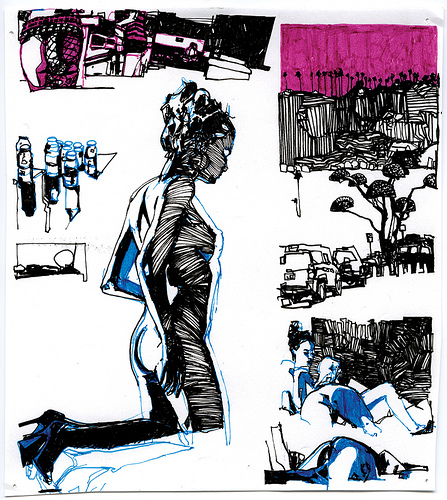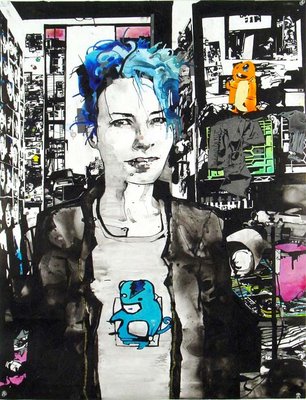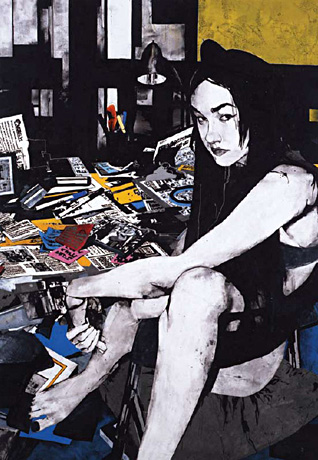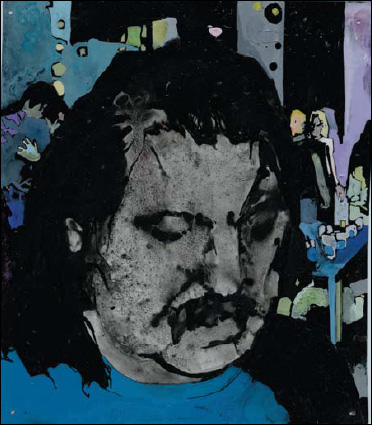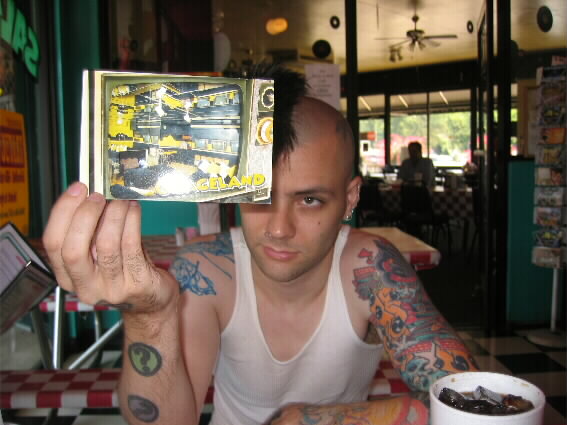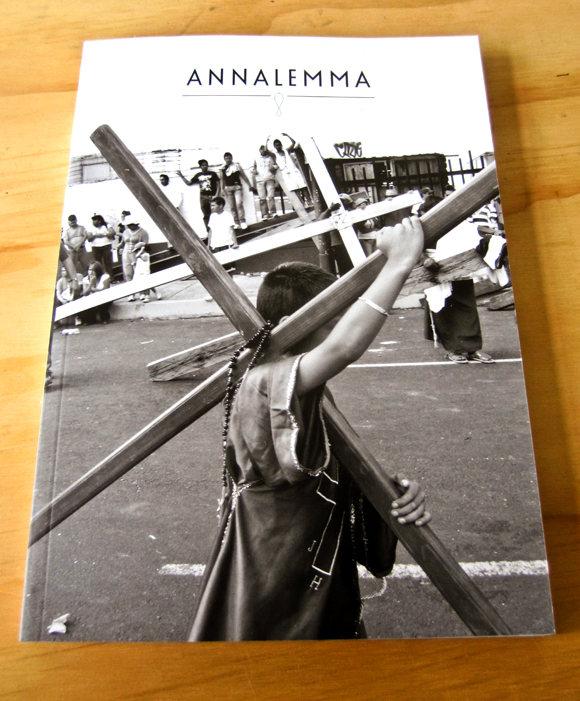Random thoughts:
Don’t go into We Did Porn hoping for the alt-porn version of David Foster Wallace’s Big Red Son or Eric Schlosser’s An Empire of the Obscene. This book isn’t an investigative look into the recent trend of adult film stars covered in tattoos and Technicolor hair. This is a diary from the front lines of a culture war. Zak Smith rarely takes a microscope to porn. Instead, as someone who’s performed in a handful of alt-porn titles himself, he writes from the perspective of an insider, rarely delving into the personal histories of his subjects, mostly showing them as they are in the moment: actors, actresses, directors, various producers and production people engaged in the often unsexy process of performing sex on camera for money.
Only towards the end of the book does Smith try to tackle the how’s and why’s of women’s reasons for pursuing a career in the adult film industry. It’s the most interesting chapter as he challenges the general conception that most women in the porn industry are there because of a history of sexual abuse.
Smith’s writing style reflects his paintings: meticulous–borderline obsessive–with the detail. The images he chooses to show look washed out and spent, with spikes of color just to make sure you’re paying attention. He’s so generous with the scenery that sometimes he forgets a scene needs to reveal something about the people in it, which is a nice way of saying there’s a handful of excerpts the feel directionless.
Points off to Tin House for design. The thickness of the cover stock makes the book feel like it would fracture your skull if dropped from a height of a few feet. The inside pages are a weird semi gloss finish, presumably chosen to accommodate the images. The appeal of the paperback is that it’s somewhat malleable. This thing is just goddamn unwieldy.
This is a hard book to read. Zak Smith’s admittedly cynical worldview is refreshingly honest at times, but isn’t necessarily something that calls to you from the bookshelf. But Smith is writing about the zeros, as he calls the previous decade. It’s hard not to write cynically about a dark chapter in the history of the US, a time that we still live in, where it feels like things couldn’t possibly get much worse and we long for the innocence of only a few years ago, when we felt that things couldn’t possibly get much worse. The form of the memoir demands honesty, so it’s rings false to offer glints of hope when there doesn’t seem to be much of that going around. Of course, the drawback is that if your audience already knows how fucked up things are, they’re not necessarily going to want to be reminded of that every ten pages or so.













